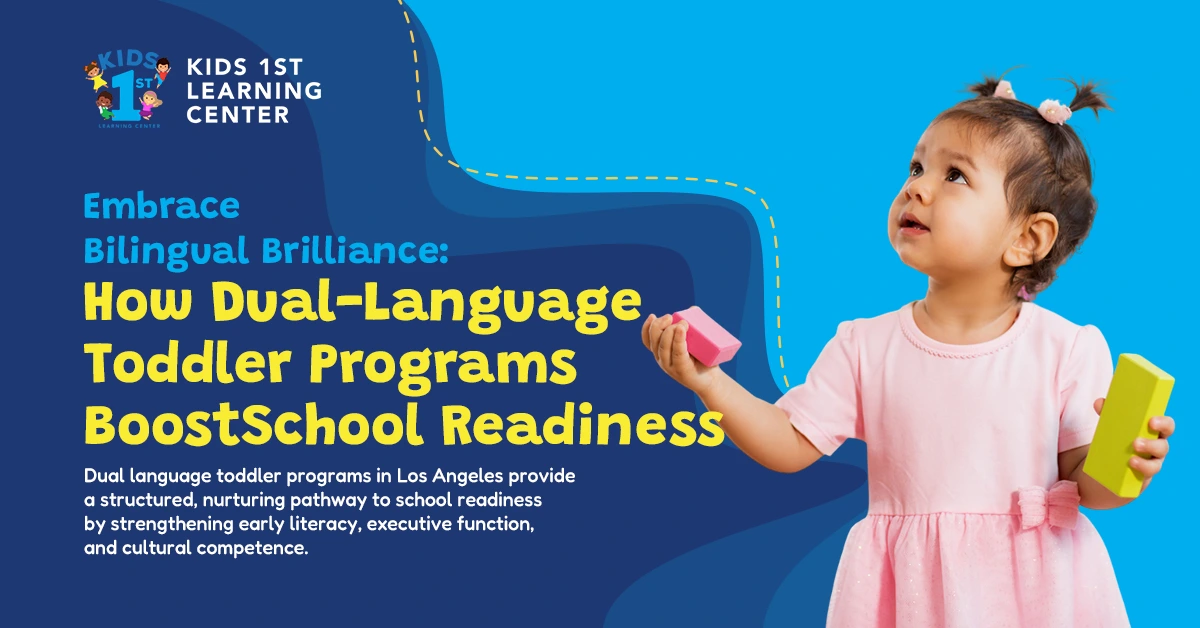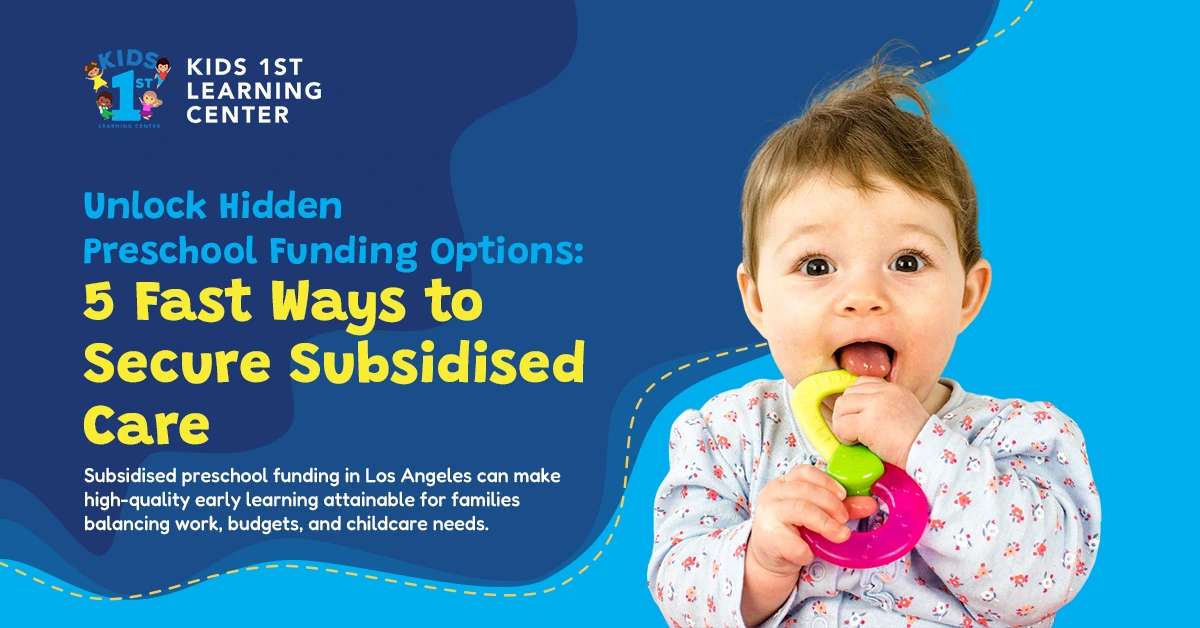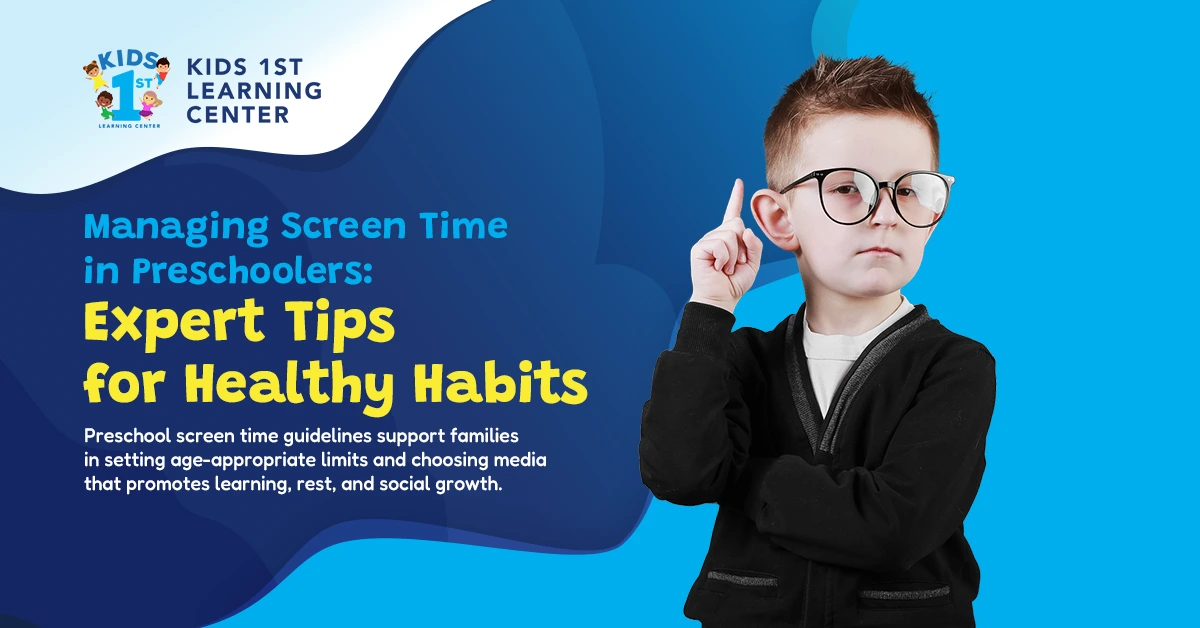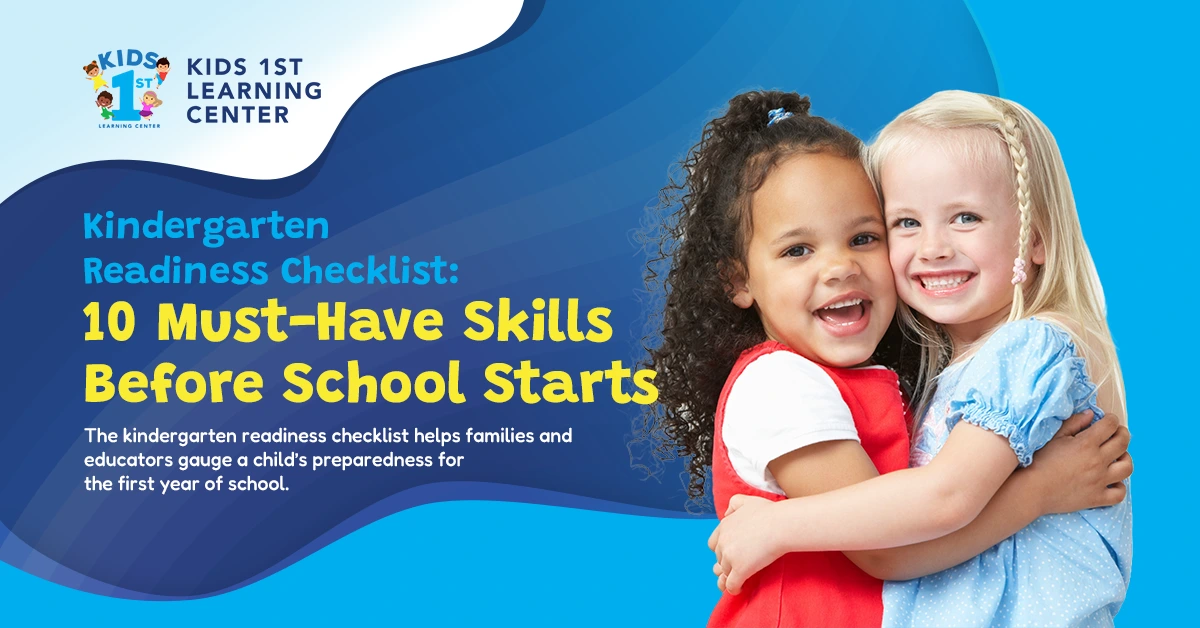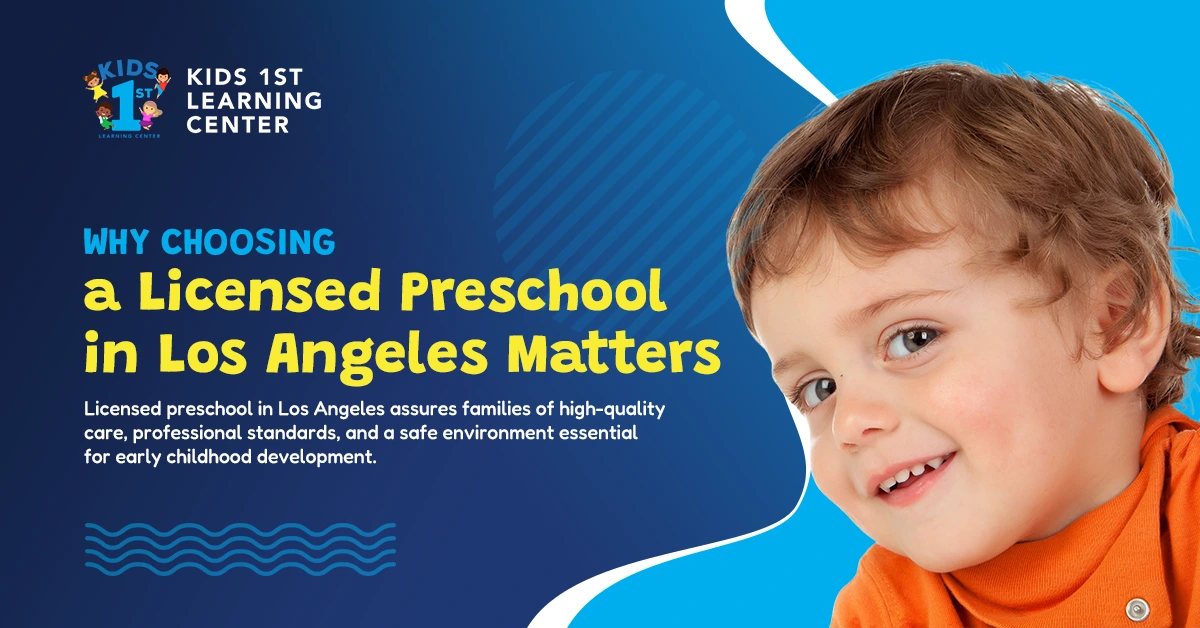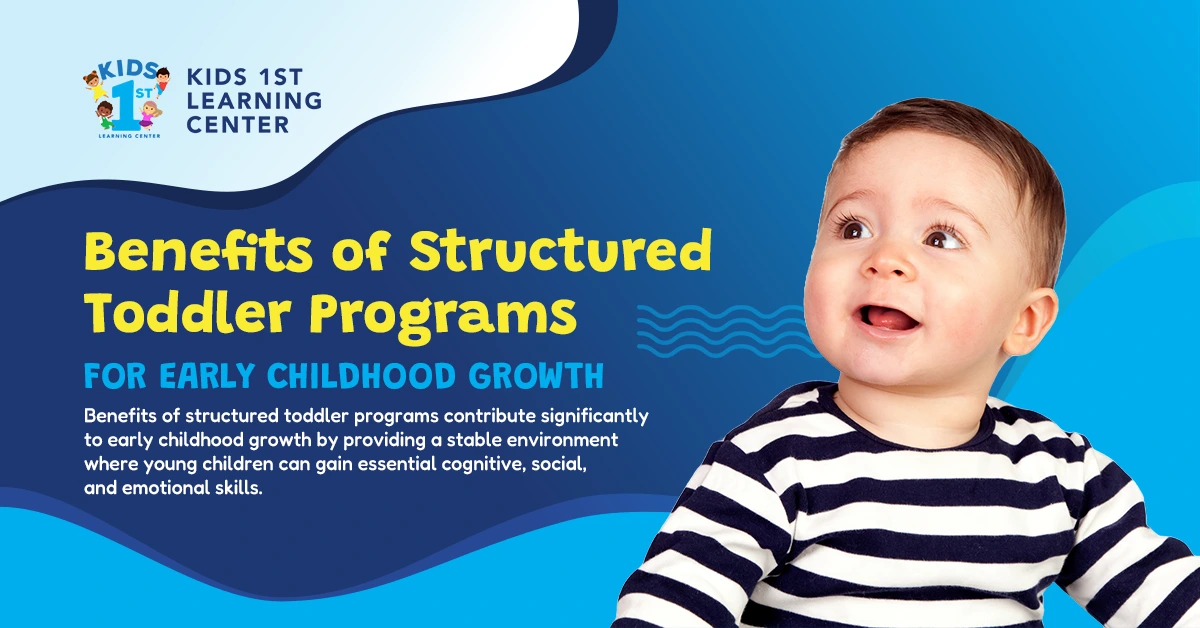Educational activities for kids at homeare a fantastic way to combine fun with learning while creating memorable family moments. There are countless ways to keep children entertained while promoting cognitive development, from hands-on science experiments and creative arts and crafts to engaging math and literacy games. This guide features 20 engaging activities that cater to specific interests and age groups, ensuring that learning never stops, even at home!
1. Creative Arts and Crafts Projects: Educational Activities for Kids
Arts and crafts programs are a fantastic way to nurture children’s creativityand fine motor skills while keeping them engaged at home. Kids can create masterpieces that express their imagination with simple materials like paper, glue, and crayons. Try some of these fun educational activities for kids:
- DIY crafts using household items:Create a homemade bird feeder or a paper towel roll rocket.
- Painting and drawing activities: Use different textures like sponges or bubble wrap for unique patterns.
- Simple origami projects:Make paper animals or flowers to enhance fine motor skills.
Encouraging artistic expression helps children develop confidence and problem-solving abilities!
2. Hands-on Science Experiments: Educational Activities for Preschoolers
Hands-on science experiments are an exciting way to inspire curiosityand a love for learning in kids. With everyday household items, children can explore scientific concepts through engaging activities. Try these fun educational activities for preschoolers:
- Kitchen volcano eruption:Use baking soda, vinegar, and food coloring to simulate a mini volcano.
- Growing a mini garden:Plant seeds in small pots and observehow sunlight and water affect plant growth.
- Homemade slime:Mix glue, baking soda, and saline solution to create stretchy slime.
These interactive experiments promote critical thinking and encourage kids to ask questions about the world around them!
3. Math and Counting Games: Free Educational Activities for Kids

Math and counting games are a fantastic way to make learning numbers enjoyable for kids. Incorporating play into math lessons helps children grasp foundational conceptswhile having fun. Try these interactive games:
- DIY number matching games:Use paper and markers to create matching cards for numbers and quantities.
- Cooking math:Have kids measure ingredients to practice fractions and addition.
- Counting games with toys:Sort and count toy blocks or stuffed animals by color or size.
These activities build early math skills and help develop problem-solving abilities, making learning a joyful experience!
4. Reading and Storytelling Activities
Reading and storytelling activities are an excellent way to spark creativity and improve literacy skills in children. Kids can explore new worlds and expand their vocabulary by reading books or crafting stories. Try these engaging activities:
- Create a cozy reading nook:Designatea spot for reading time, complete with comfypillows and favorite books.
- Act out stories together:Turn stories into playtime by acting out characters and events.
- Make homemade puppets:Use socks or paper bags to create puppets and perform a storytelling show.
These activities make reading enjoyable and nurture a lifelong love of books!
5. Physical Movement and Exercise
Physical movement and exercise are critical for keeping kids healthy and energized. Incorporating fun activities at home can promote physical development and burn off excess energy. Here are a few ideas:
- Indoor obstacle course:Use pillows, chairs, and toys to create a fun course that challenges balance and coordination.
- Yoga for kids: Teach simple poses like the tree or downward dog to build strength and flexibility.
- Dance parties:Play their favorite music and encourage freestyle dancing to boost mood and exercise.
These activities help build strong bodies while promoting a love for physical activity!
6. Music and Rhythm Exploration
Exploring music and rhythm at home can be fun and educational for kids. It helps develop their auditory skills, coordination, and creativity. Try these activities to introduce music in engaging ways:
- Create homemade instruments:Use pots, pans, and spoons as drums or make shakers with rice-filled bottles.
- Play rhythm games:Clap, tap, or stomp along to different beats and challenge kids to mimic the patterns.
- Listen and learn:Introduce various music genres and discuss the instruments and rhythms heard.
These activities encourage self-expression and help children connect with music more deeply!
7. Nature-Based Learning
Nature-based learning activities encourage kids to explore and engage with the natural world, sparking curiosity and environmental awareness. These hands-on experiences teach valuable lessons about science and nature. Try these activities:
- Backyard scavenger hunts:Create a list of plants, rocks, or insects for kids to find.
- Birdwatching with a homemade feeder:Attract birds by creating simple feeders using recycled materials.
- Weather observation:Have kids track daily weather changes and discuss patterns.
These activities connect children with nature and promote a sense of wonder and exploration!
8. STEM Building Challenges
STEM building obstacles are a fantastic way to engage kids in hands-on learning while developing critical thinking and problem-solving skills. Children can creatively explore science, technology, engineering, and math concepts with a few materials. Try these activities:
- Build a tower:Use blocks or household items to see who can develop the tallest structure without it toppling over.
- Create a bridge:Challenge kids to design a bridge using paper or sticks and test its strength.
- Design a simple machine:Use pulleys, levers, or gears to explore basic mechanics.
These challenges inspire innovation and make learning STEM concepts exciting!
9. Cultural and History Exploration
Cultural and history exploration activities are great for teaching kids about the world and its diverse heritage. These activities foster curiosity and broaden their understandingof different culturesand historical events. Try these ideas:
- Virtual museum tours:Explore famous museums online and discuss artifacts and historical exhibits.
- International cooking day:Choose a country and prepare traditional recipes together, discussing cultural significance.
- Create a history timeline:Use pictures and critical events to build a visual timeline of an era or historical figure.
These activities help kids appreciate cultural diversity and historical milestones interactively!
10. Practical Life Skills Development
Teaching practical life skills at home helps kids gain independence and confidence in their abilities. These activities focus on everyday skills that are valuable throughout life. Try these engaging ideas:
- Basic cooking and baking projects:Teach kids to measure ingredients, follow a recipe, and prepare simple meals.
- Organizing and cleaning:Make tidying up a fun team activity by sorting toys or organizing a closet.
- Caring for plants or pets:Assign responsibilities like watering plants or feeding pets to build a sense of responsibility.
These activities help children develop essential skills for daily living while boosting their self-confidence!
11. Outdoor Exploration and Play
Outdoor exploration and play allow kids to connect with nature, be physically active, and learn new things. Fresh air and unstructured playtime can stimulate creativity and promote healthy development. Try these activities:
- Backyard gardening:Teach kids to plant seeds and water plants and watch them grow.
- Backyard camping night:Set up a tent, roast marshmallows, and stargaze for a fun family experience.
- Nature scavenger hunts:Write a list of items like leaves, rocks, and insects for kids to find and explore.
These outdoor activities inspire curiosity and foster a sense of adventure!
12. Imaginative Play and Role-Playing
Imaginative play and role-playing activities allow children to express their creativity and develop social skillsby pretending to be different characters or scenarios. These activities spark imagination and encourage problem-solving. Try these ideas:
- Set up a pretend grocery shop or restaurant:Use toys or household items and take turns being the cashier, customer, or chef.
- Create a pretend hospital or doctor’s office:Use dolls or stuffed animals as patients and have kids act as doctors and nurses.
- Role-play community helper jobs:Pretend to be a firefighter, police officer, or teacher and explore different roles.
These activities boost creativity, empathy, and communication skills playfully!
13. Technology and Educational Apps
Technology and educational apps can enhance learning at home by providing interactive experiences tailored to different subjects and skill levels. These digital tools keep kids engaged while developing cognitive and academic skills. Try these ideas:
- Language learning apps:Use apps like Duolingo to introduce a new language through games and quizzes.
- Math and logic games:Try apps like Prodigy or Khan Academy to reinforce math concepts with interactive lessons.
- Creative platforms:Encourage art and design with digital drawing apps like Toca Boca or Procreate.
These tools make learning accessible and fun, blending technology with education!
14. Memory and Matching Games
Memory and matching games are fantastic for improving concentration and cognitive skills in kids. These games are simple to set up and can be tailored to various interests. Try these activities:
- Homemade memory cards:Create pairs of cards using index cards with pictures, letters, or numbers.
- Picture matching games:Use family photos or magazine cutouts to create a unique matching game.
- Visual memory games:Place a few items on a tray, let kids memorize them, and then remove one—have them guess what’smissing!
These games enhance memory, focus, and observation skills in a fun and interactive way!
15. Puzzle and Problem-Solving Activities
Puzzle and problem-solving activities are perfect for sharpening critical thinking and analytical skills. They challenge kids to think outside the boxwhile having fun. Try these ideas:
- Jigsaw puzzles:Choose puzzles of varying difficulties to improve spatial reasoning and focus.
- Brain teasers and riddles:Solve age-appropriate riddles or logic puzzles to boost problem-solving abilities.
- DIY escape room challenges:Create clues and puzzles around the house, and have kids solve them to “escape” or find a hidden prize.
These activities enjoyably promote cognitive development and perseverance!
16. Language Learning and Practice
Language learning and practice activities help kids develop communication skills and enhance their cultural understanding. Introducing a new language can be fun and interactive. Try these activities:
- Flashcards for vocabulary:Create flashcards with words and pictures to help kids associate terms with visuals.
- Label household items:Label items around the house in a new language to reinforce vocabulary learning.
- Songs and stories:Listen to songs or read stories in a different language to build listening and comprehension skills.
These activities make language learning enjoyable and accessible!
17. Sensory Play Activities

Sensory play activities are great for engaging a child’s senses and encouraging exploration and creativity. These hands-on experiences help develop fine motor skills and promote cognitive growth. Try these activities:
- Create sensory bins:Fill with materials like rice, sand, or water beads and let kids explore textures.
- Make homemade playdough or slime:Use simple ingredients like flour, salt, or glue to create fun, squishy textures.
- Finger painting: Let kids use their hands to create art and explore different colorsand textures.
These activities provide a multi-sensory experience that’sboth calming and educational!
18. Social-Emotional Learning Games
Social-emotional learning (SEL) games help kids develop self-awareness, empathy, and communication skills. These activities create a safe space for children to express themselves and build meaningful connections. Try these SEL activities:
- Emotion charades:Act out different emotions, such as happiness, sadness, or surprise, and have kids guess the feeling.
- “Feelings jar” activity:Write down various emotions on slips of paper and discuss times when kids have felt that way.
- Cooperative board games:Play games that require teamwork, like building a puzzle together or completing a shared goal.
These games foster emotional intelligence and enhance social skills through playful interactions!
19. Seasonal and Holiday-Themed Activities
Seasonal and holiday-themed activities are a fun way to celebrate special occasions while engaging kids in creative and educational projects. Incorporate these activities throughout the year:
- Holiday crafts and decorations:Create DIY decorations like ornaments, wreaths, or seasonal artwork.
- Seasonal cooking projects:Bake themed treats, like pumpkin muffins in the fall or heart-shaped cookies for Valentine’s Day.
- Themed scavenger hunts:Plan indoor or outdoor hunts based on the season or upcoming holiday.
These activities add excitement and help kids learn about different traditions in an interactive way!
20. Virtual Field Trips and Online Learning
Virtual field trips and online learning activities allow kids to explore new placesand topics from home. These experiences broaden their understanding and keep them engaged in interactive ways. Try these activities:
- Explore virtual zoo and aquarium tours:Watch live streams and learn about different animal habitats.
- Visit online museums and art galleries:Take virtual tours of famous museums like the Louvre or Smithsonian.
- Participatein educational YouTube channels:Discover science experiments, art tutorials, or history lessons.
These virtual activities bring the world to kids and spark curiosity!
Hands-on Science Experiments for Preschoolers' Learning Activities
Engaging kids in educational activities at home doesn’t have to be a challenge! With creative projects, hands-on science experiments, and exciting STEM challenges, learning can become a joyful experience for the whole family. These activities foster cognitive development, social-emotional skills, and a love for learning, making home a place of discovery and growth.
Ready to explore more ideas and support your child’s learning journey? Contact Kids 1st Learning Center at (818) 873-0133 or visit our websitetoday!


